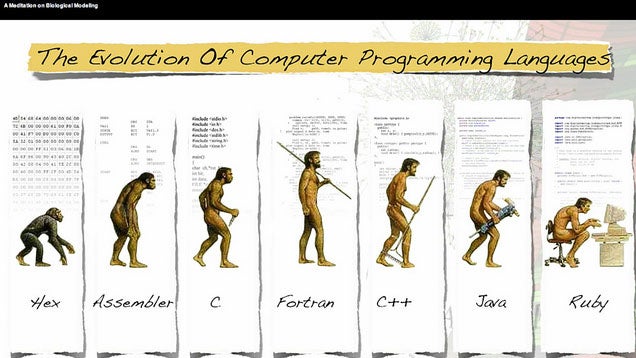I've never thought of programming languages being more or less powerful than each other, my usual thought pattern when choosing a programming language has always been (and most likely be until the day I die): "me likey, me usey". Power has always been a matter of syntax for me, and I still get confused when it comes to power and programming languages.
Yes, I have a very vague perception of power and its relation to speed when it comes to compiling, obviously C gets compiled quicklier than Python due to it being nearier to hardware level. But, when people say that LISP is the most powerful language, where are they coming from? I think I may have an idea.
At first contact, LISP seems like a no-nonsense language, every written block is made with a very efficient and classy alure. No extra lines, no prints necessary, no return statements, you want to know what 2+2 equals? (+ 2 2) there you go, enjoy your 4. LISP gives you the tools (or, actually, no tools at all) to write complex functions in very few lines of code. On top of it all, LISP's code is highly maintainable, with only a few lines to analyze, you should be sure that if a block is doing it's job properly, then there is no better way for it to do it.
Its no wonder Viaweb could take off with such an unused little gem of the developing world, thanks to recurssion, LISP code basically writes itself. Not sure if there's such thing as a "most powerful" programming language, but, LISP comes very close to achieving this.
